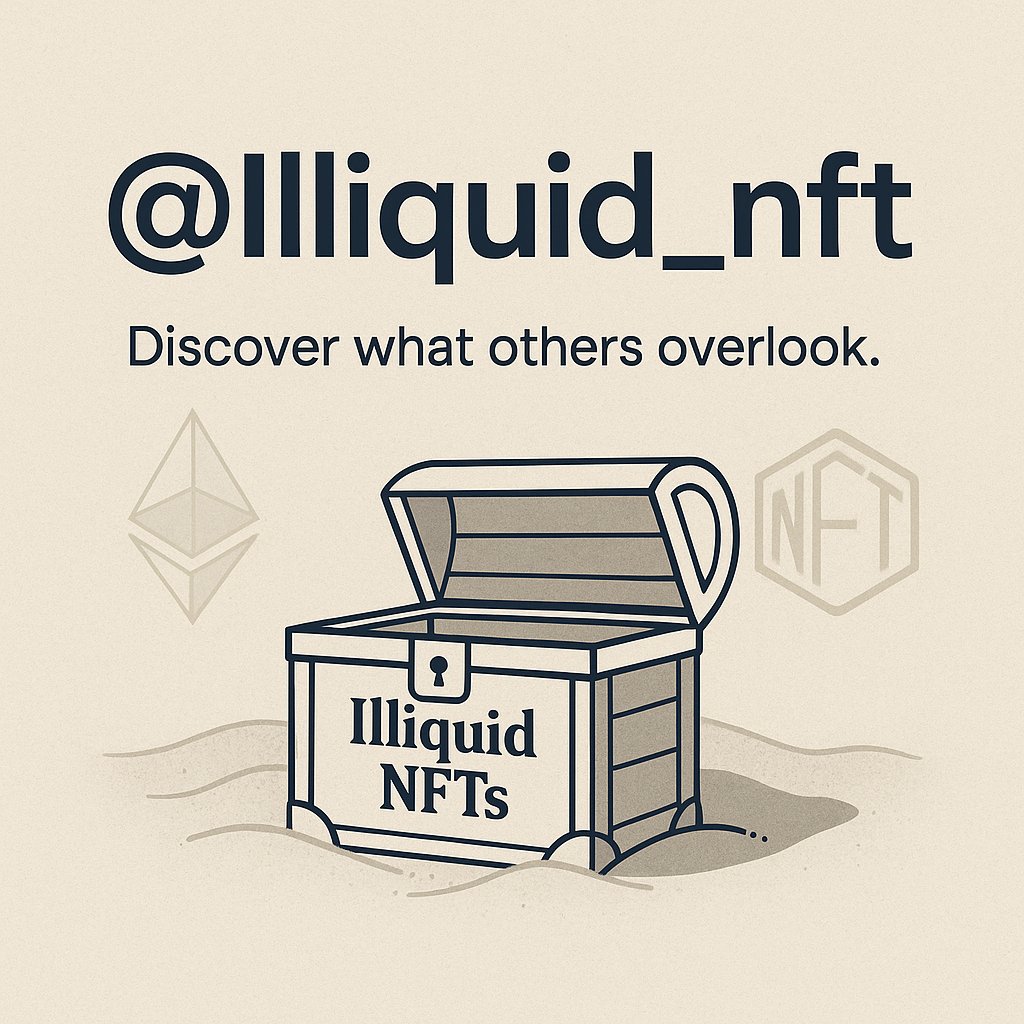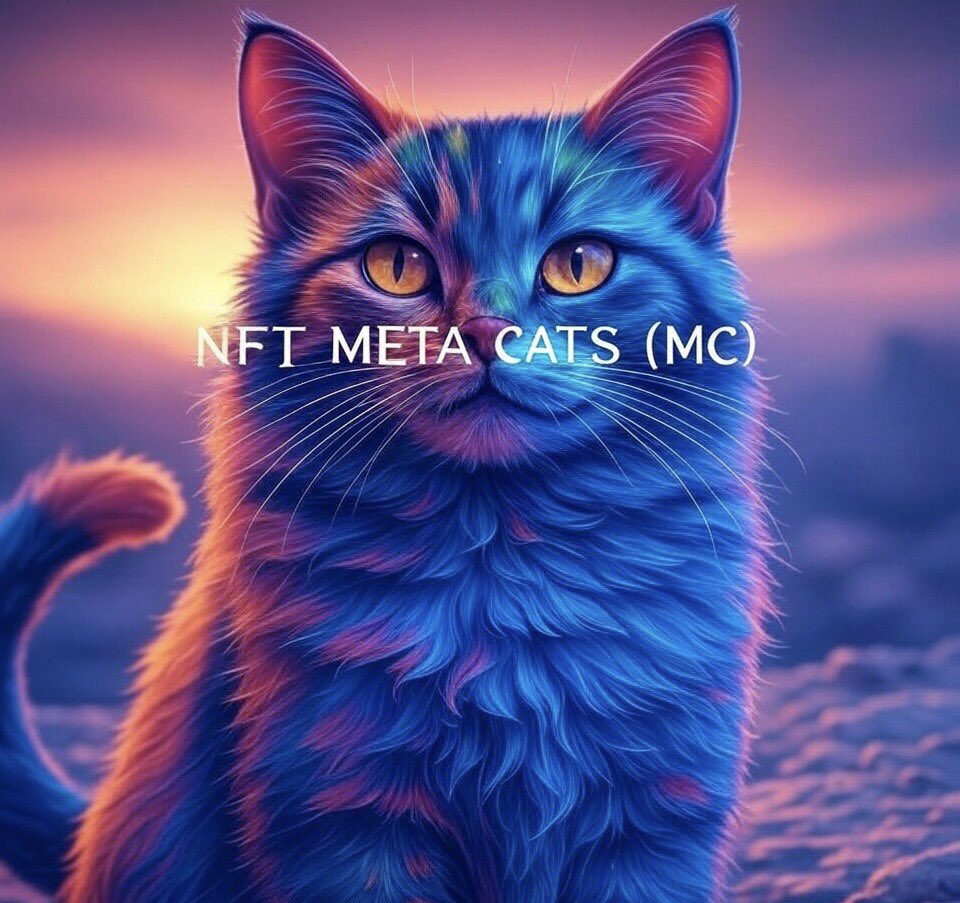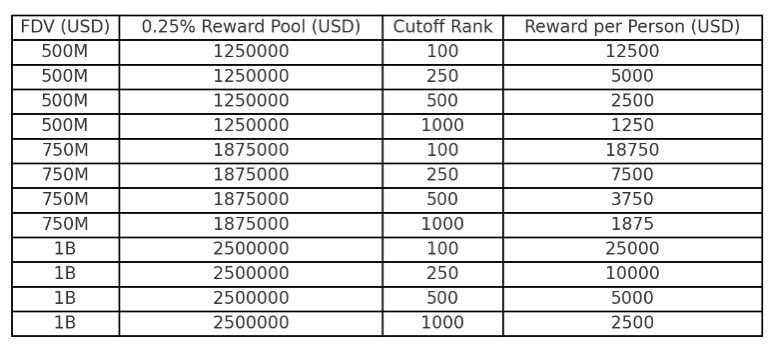The Evolving Landscape of NFTs in 2025
Introduction: The Digital Revolution
In the digital age, the concept of ownership has undergone a profound transformation. Non-Fungible Tokens (NFTs) have emerged as a groundbreaking innovation, redefining how we perceive and interact with digital assets. As we stand in 2025, the NFT market continues to evolve, presenting both exciting opportunities and significant challenges. This report delves into the current trends, market dynamics, and future prospects of NFTs, providing a comprehensive overview of this dynamic landscape.
Understanding the Current Trends
Market Dynamics
The NFT market has experienced a remarkable surge in interest and investment. Sales have risen by 2% this week alone, driven by increased awareness, technological advancements, and the entry of mainstream artists and brands into the space[1]. However, the market is not without its fluctuations. For instance, Solana’s NFT sales dropped by 29.5%, indicating a shift in market preferences and possibly highlighting issues with scalability or user experience[1]. This volatility underscores the need for informed decision-making and strategic investment.
Technological Innovations
Technological innovations are the backbone of the NFT ecosystem. Tools like Axiom Trade are gaining traction among traders, offering advanced features and insights that help navigate the complex world of NFTs[2]. These tools provide real-time data, market analysis, and trading strategies, making it easier for both novice and experienced traders to make informed decisions. The integration of such technologies is crucial for the sustained growth and stability of the NFT market.
The Role of NFTs in the Digital Economy
Digital Ownership and Value
NFTs represent a unique form of digital ownership, allowing individuals to own and trade digital assets securely. This concept has revolutionized industries such as art, music, and gaming, where digital content was previously difficult to monetize. The ability to prove ownership and authenticity through blockchain technology has opened up new revenue streams for creators and investors alike. This shift towards digital ownership is not just a trend but a fundamental change in how we value and exchange digital assets.
Use Cases and Applications
The applications of NFTs are vast and varied. Beyond digital art, NFTs are being used in virtual real estate, in-game items, and even as tickets for events. For example, virtual worlds like Decentraland and The Sandbox allow users to buy, sell, and develop virtual properties using NFTs. This not only creates a new economy within these virtual spaces but also provides real-world value to digital assets. The potential for NFTs to transform various industries is immense, and we are only beginning to scratch the surface of their capabilities.
Challenges and Opportunities
Market Volatility
One of the significant challenges in the NFT market is its volatility. Prices can fluctuate dramatically, making it a risky investment for some. However, this volatility also presents opportunities for those who can navigate the market effectively. Tools and platforms that provide accurate market analysis and trading strategies can help mitigate some of these risks. Understanding the market dynamics and leveraging the right tools is essential for success in the NFT space.
Regulatory and Security Concerns
As the NFT market grows, so do concerns about regulation and security. Ensuring the security of digital assets and protecting investors from fraud are critical. Platforms like Seative Digital offer secure and confidential assessments, helping users make informed decisions and avoid potential pitfalls[3]. Regulatory frameworks are also evolving to address these concerns, providing a safer environment for investors and creators. The balance between innovation and regulation is crucial for the sustainable growth of the NFT market.
The Future of NFTs
Emerging Trends
Looking ahead, several trends are likely to shape the future of NFTs. The integration of NFTs with other emerging technologies, such as the metaverse and artificial intelligence, will create new opportunities and use cases. For instance, AI-generated art and virtual experiences could become significant areas of growth. The convergence of these technologies will drive innovation and expand the possibilities of what NFTs can achieve.
The Path to Becoming a Centicorn
For those looking to capitalize on the NFT market, understanding the trends and leveraging the right tools is essential. Companies like Seative Digital offer quick analyses and free assessments, helping individuals and businesses navigate the complex world of NFTs[3]. By staying informed and utilizing advanced trading tools, anyone can aspire to become the next Centicorn, a term coined to describe NFT projects that reach a valuation of $100 million. The journey to success in the NFT market requires a combination of knowledge, strategy, and adaptability.
Conclusion: Embracing the NFT Revolution
The NFT market is a dynamic and evolving landscape, filled with opportunities and challenges. As we move forward, it is crucial to stay informed about the latest trends, leverage technological innovations, and address regulatory and security concerns. By doing so, we can fully embrace the NFT revolution and unlock its potential to transform the digital economy. The future of NFTs is bright, and those who are prepared to adapt and innovate will be at the forefront of this exciting journey. The time to embrace the NFT revolution is now, and the possibilities are endless.





